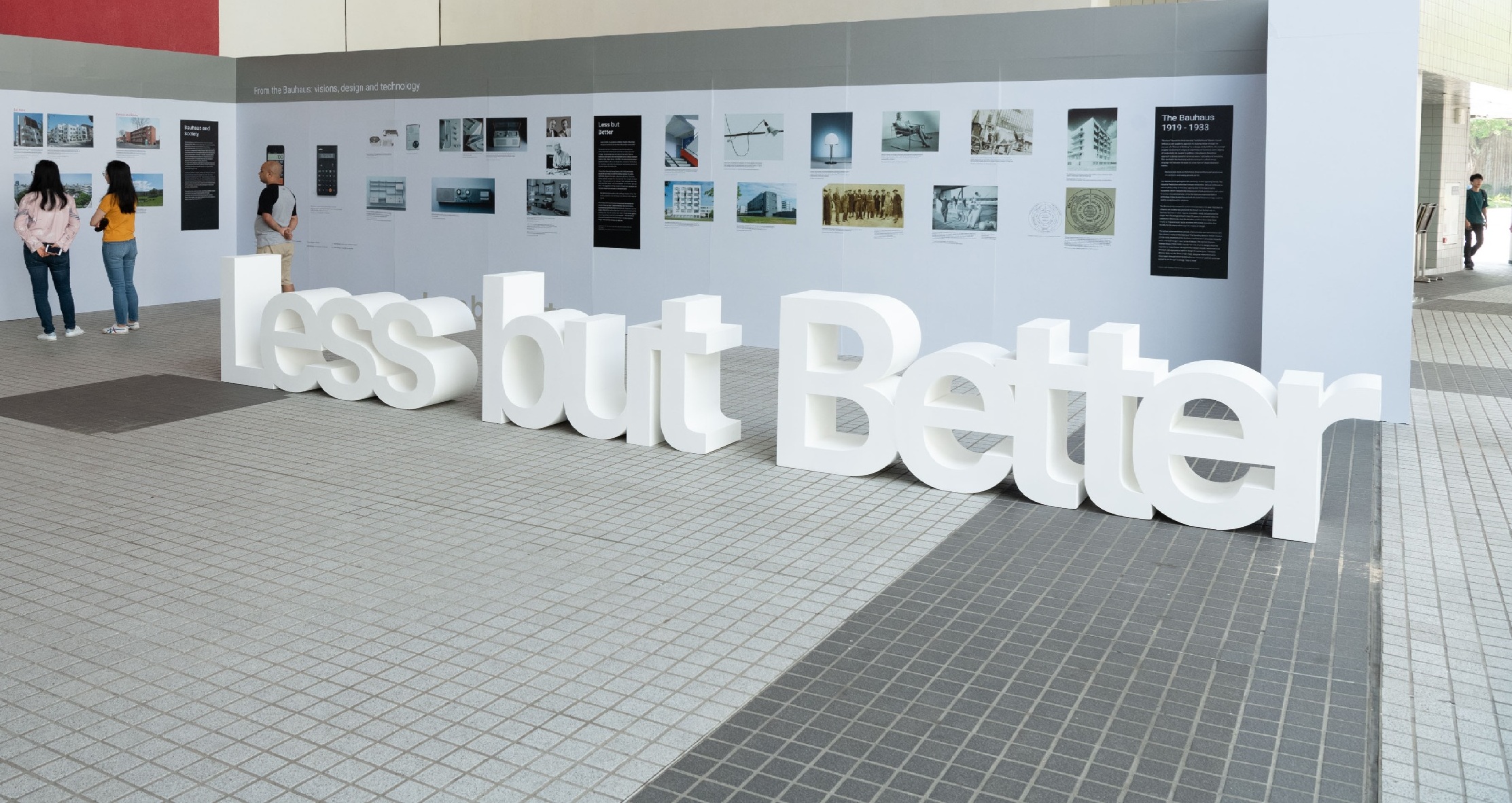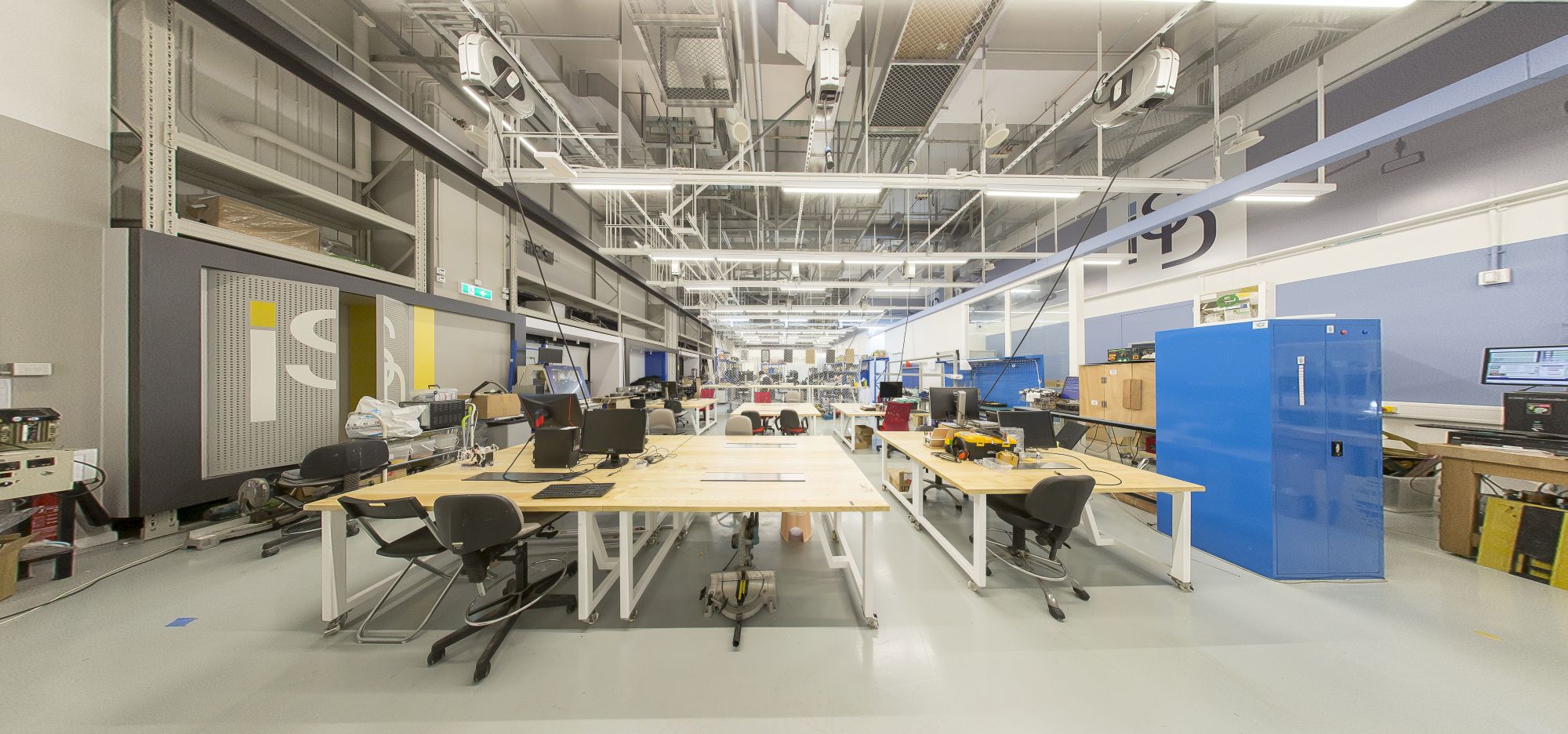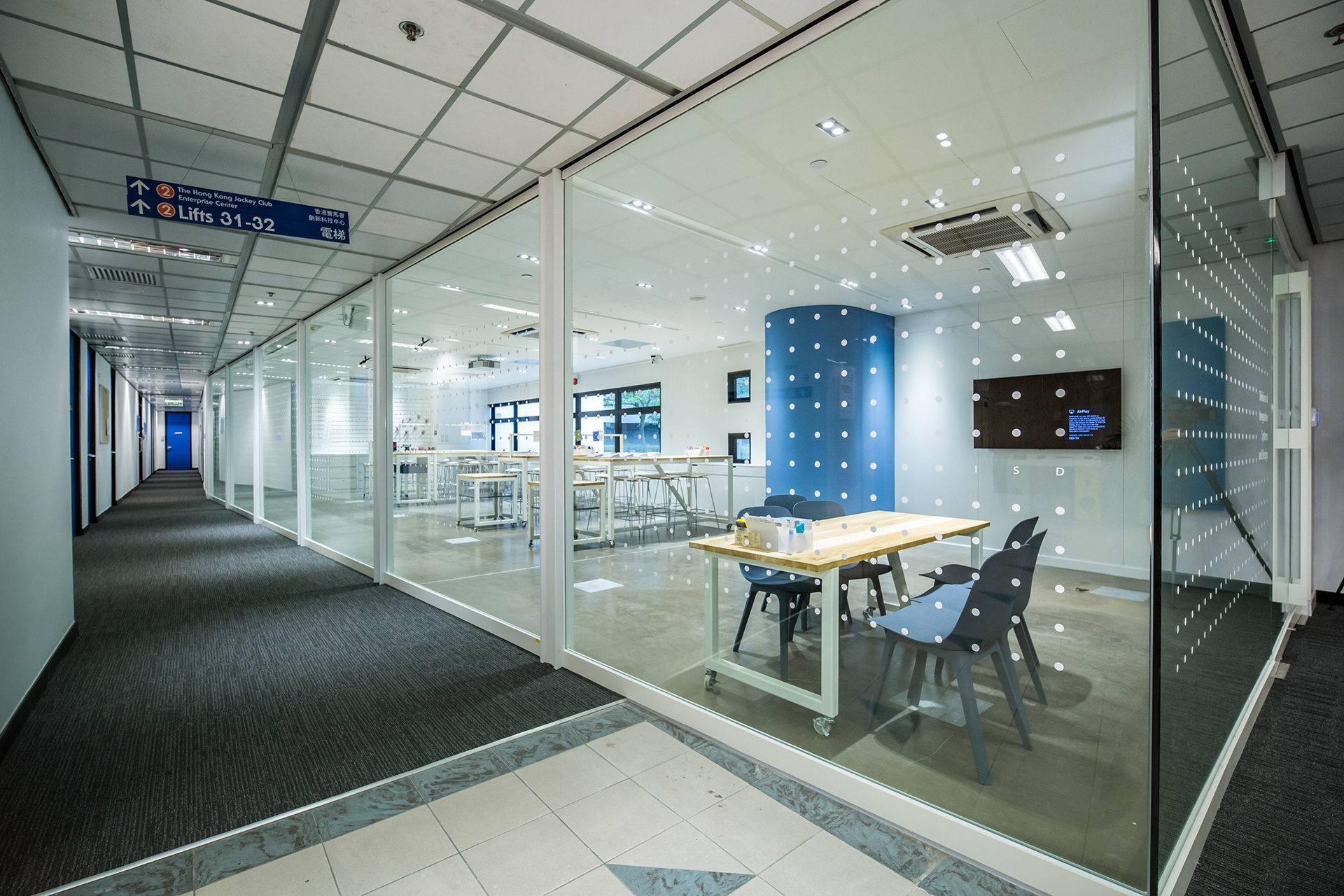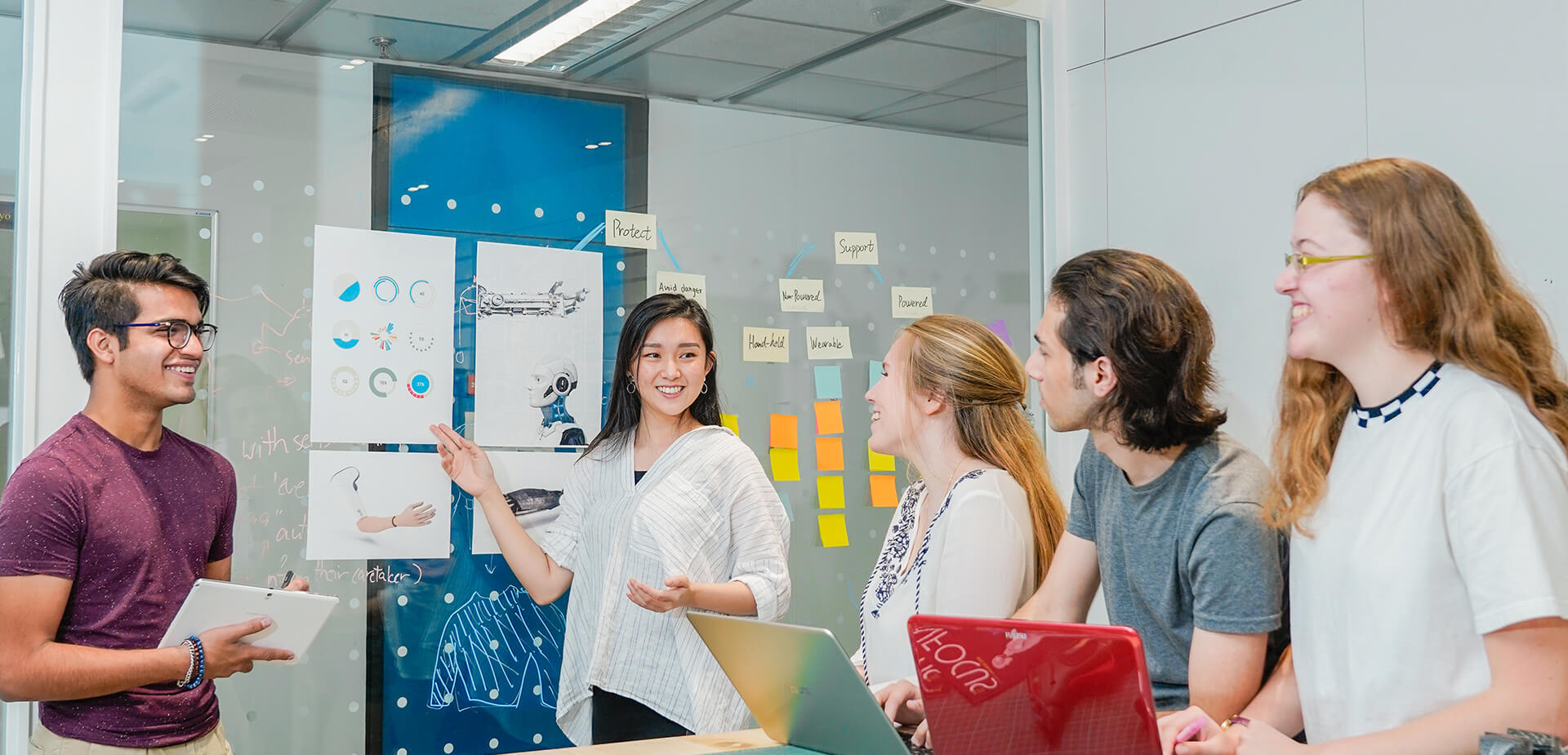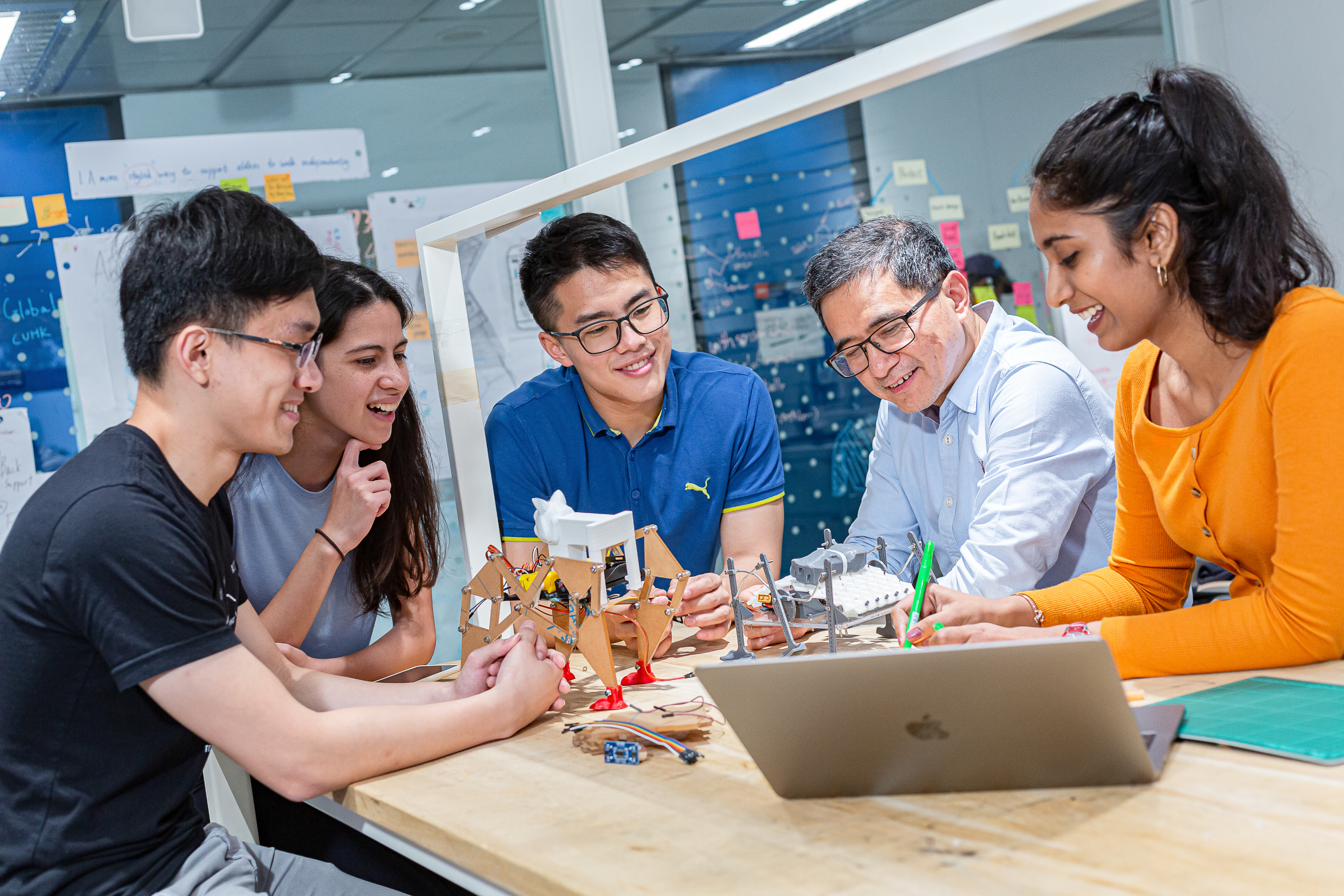Collaboration on Implementation of Octopus-inspired Manipulation Strategies in Soft Continuum Robot Arms with Artificial Suction Cups
2025-04-07Inspired by the octopus, Prof. Rob SCHARFF's team has developed artificial suction cups that can grasp objects and sense their surroundings. The artificial suction cups could enable the implementation of octopus-inspired manipulation strategies in soft continuum robot arms. The research conducted by first author Stein VAN VEGGEL (TU Delft) was a collaboration between HKUST, Delft University of Technology (TU Delft), and the Italian Institute of Technology (IIT).
Published in Advanced Intelligent Systems, the paper titled “Optoelectronically Innervated Suction Cup Inspired by the Octopus” introduces a 3D-printed octopus-inspired suction cup with integrated colored markers. Tactile information is collected using an embedded camera that captures the displacement of these markers upon contact between the suction cup and its environment. This information could be employed to accurately estimate the orientation of the suction cup with respect to an object surface. The effectiveness of the approach was demonstrated in a closed-loop control scheme where the suction cup could successfully pick up randomly oriented objects by approaching the object surface perpendicularly.
The work was motivated by the findings from a literature review on artificial suction cups by the same authors published in Advanced Science. In this work, titled “Classification and Evaluation of Octopus-Inspired Suction Cups for Soft Continuum Robots”, the authors identified the lack of high-resolution tactile sensors for artificial suction cups as one of the major hurdles towards the realization of octopus-like dexterous manipulation capabilities in soft continuum robot arms.
HKUST Student Team Awarded 1st Runner Up in the RoboMaster University League (RMUL)
2024-03-28HKUST student team – ENTERPRIZE was awarded the 1st runner up in the RoboMaster University League (RMUL) 2024. 3 talented students from ISD were part of the core members of the team.
We are so proud of you!
The RMUL, which leads by Shenzhen academic institutes and universities, aims to build a community to promote the exchange of robotics technology and support young innovators in the Greater Bay Area. HKUST team enrolled into 3V3 Match, where each team needs to develop Standard, Hero and Sentry robots independently and engage in tactical combat in the designated battlefield. The team with the highest remaining Base HP wins. This year, 8 university teams from Shenzhen and Hong Kong participated in the game, making it even more hostile.
After several rounds of hard matches, ENTERPRIZE was one of the strongest teams with high remaining Base HP and was awarded the 1st runner up. They have demonstrated excellent robotic control techniques and deployed combating strategies during the game. Hope that they can keep the spirit up and fight with the best in future. Let’s share our respect and love to ENTERPRIZE!
[ISD Seminar] Smart Community Design: Education, Research & Practice for Social Change in the Intelligent Age
2024-10-29The modern urban built environment has been a contributor to the social, health and ecological crises faced by cities around the world, while the emergence of artificial intelligence and the new multi-polar global order present both opportunities and existential threats. To address these crises, it is imperative for the architecture and creative profession to take up the social responsibility through more conscious design, bridging the gaps between abstract data and human empathy, between the authorities and the communities, and between technology and everyday life. It is in these contexts that the research laboratory Social Urban Lab (SOULab) and design consultancy COLOURS: Collectively Ours were set up as complementary practice to investigate the people-environment dynamics and translate data-driven, community-based research into evidence-based design for health, equity, agency and urban life. In this talk, Dr Chong will also share how he envisions the future of creative education in the Intelligent Age.
Speaker’s biography:
Dr. Chong Keng Hua is currently Associate Professor of Architecture and Sustainable Design at the Singapore University of Technology and Design (SUTD), where he directs the Social Urban Lab (SOULab), DesignZ Positive City Lab, and the Opportunity Lab (O-Lab). He is also Founding Partner of COLOURS: Collectively Ours, an award-winning design consultancy specializing in public space and social impact, as well as Visiting Senior Academician at Changi General Hospital, Singapore. He will be the Provost and Vice President (Academic) of Nanyang Academy of Fine Arts (NAFA) at the newly established University of the Arts Singapore (UAS).
A firm believer in design activism, Dr. Chong has been advocating social architecture and participatory community design in the region. He initiated PARK(ing) Day Singapore in 2013 together with his students, which has since become a nation-wide annual placemaking movement. He has also led students to work on community development projects in Cambodia, Vietnam, Thailand, and China. He is active in several international organisations, including Pacific Rim Community Design Network, and Design for the Common Good International Network.
Dr. Chong’s research on social architecture particularly in the areas of ageing, health and data-driven community design has led to extensive international publications, including Second Beginnings (Lien Foundation, 2018), Creative Ageing Cities (Routledge, 2018) and upcoming book Data-driven Smart Community Design (Routledge, 2025). Design interventions led by him have won numerous awards, including the latest Seoul Design Award 2024.
Graduated with PhD in Architecture from National University of Singapore, Dr. Chong has been Visiting Professor at Aalto University, Massachusetts Institute of Technology (MIT) and Zhejiang University. He was Curator of Singapore Pavilion at Seoul Biennale 2017 and Venice Biennale 2018, as well as Festival Director of Singapore Archifest 2020.
